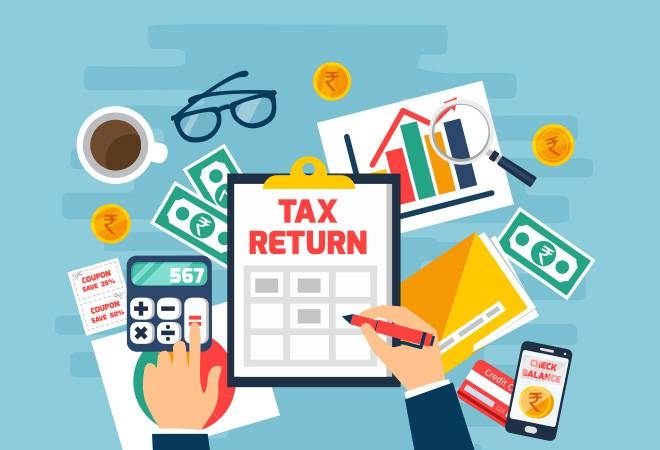Introduction
Tax time in Australia is a regular occurrence, and one of the crucial decisions you'll need to make is how to file your tax return. Traditionally, Australians have had the option to file their returns on paper, but e-filing (electronic filing) has become increasingly popular. In this guide, we'll explore the pros and cons of e-filing versus paper filing your tax return in Australia, helping you make an informed choice that suits your preferences and circumstances.
E-filing Your Tax Return
E-filing involves submitting your tax return electronically, typically through the Australian Taxation Office's (ATO) online portal or using tax software. Here are the pros and cons of e-filing:
Pros:
- Speed and Efficiency: E-filing is significantly faster than paper filing. Your return is processed electronically, reducing the time it takes for assessment and potential refunds.
- Accuracy: Tax software often includes built-in error checks and calculators, reducing the risk of mathematical errors or incomplete forms.
- Immediate Confirmation: With e-filing, you receive instant confirmation that your return has been received by the ATO, giving you peace of mind.
- Refund Processing: If you're eligible for a refund, e-filing usually results in quicker processing and receipt of your refund.
- Access to Tax Software: Tax software offers a user-friendly interface that guides you through the process, helping you claim all eligible deductions and offsets.
Cons:
- Digital Literacy: E-filing requires a level of digital literacy, which may be a barrier for some individuals, particularly older taxpayers who are less comfortable with technology.
- Technical Issues: Technical glitches or system outages can disrupt the e-filing process, potentially causing frustration.
- Data Security: While the ATO takes data security seriously, there is always some level of risk associated with transmitting personal information online.
Paper Filing Your Tax Return
Paper filing involves filling out a physical tax return form and mailing it to the ATO. Here are the pros and cons of paper filing:
Pros:
- No Digital Literacy Required: Paper filing doesn't require computer skills or internet access, making it accessible to a broader demographic.
- Tangible Record: Some people prefer having a physical copy of their return and supporting documents for their records.
- Slower Processing: While this might not seem like a pro, if you owe money to the ATO, paper filing allows you to delay payment until the due date.
Cons:
- Slower Processing: Paper returns are processed more slowly than electronic ones, which can delay refunds and assessments.
- Higher Error Risk: Paper returns are more prone to errors, such as calculation mistakes or incomplete information, which can lead to processing delays and potential penalties.
- Postal Delays: The time it takes for your return to reach the ATO and for any correspondence to be sent back to you depends on postal services, which can be unpredictable.
- Limited Guidance: Paper forms do not offer the same level of guidance and error-checking as tax software.
Choosing the Right Filing Method
When deciding between e-filing and paper filing your tax return, consider the following factors:
- Digital Literacy: Are you comfortable using technology and tax software, or do you prefer traditional paper forms?
- Accuracy: If you're concerned about making errors, e-filing with error-checking features may be the better option.
- Speed: Do you want your return processed as quickly as possible, or are you willing to wait for a paper return?
- Convenience: Consider which method aligns with your lifestyle and preferences.
Conclusion
The choice between e-filing and paper filing your tax return in Australia ultimately depends on your comfort level with technology, your desire for speed and accuracy, and your personal preferences. E-filing offers efficiency, accuracy, and speed, making it the preferred choice for many taxpayers. However, paper filing may still be a suitable option for those who prefer traditional methods or face digital literacy barriers.
Regardless of your chosen method, it's essential to review your tax return carefully, gather all necessary documents, and seek professional advice if you have complex financial situations. By making an informed choice and preparing your return diligently, you can ensure a smooth tax filing experience and compliance with Australian tax laws.
Looking for the best personal income tax preparation services in Melbourne? Look no further! Our experts are here to make tax season a breeze.


